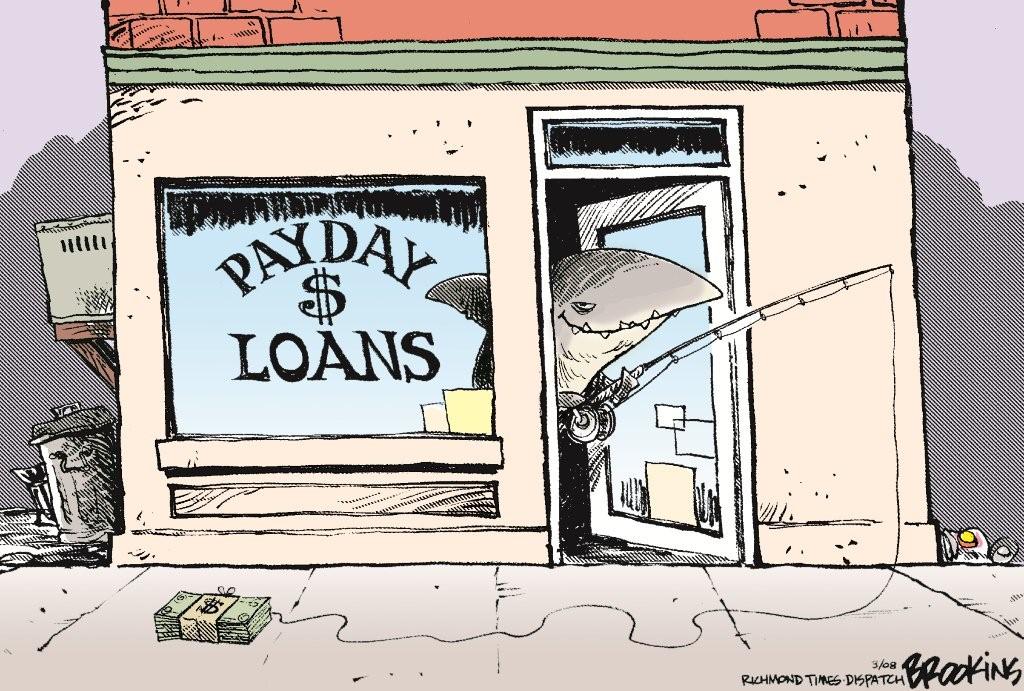Sovereignty for Tribes
Date: Wed, 01/30/2013 - 18:02
Submitted by Back Woods Barbie
on
Wed, 01/30/2013 - 18:02
Total Replies: 2
Can someone tell me what this means????!!!!
The Supreme Court has held that Indian tribes do not have inherent sovereign powers to try and to punish non-Indians for criminal acts. Oliphant v. Suquamish Indian Tribe, 435 U.S. 191, 98 S.Ct. 1011, 55 L.Ed.2d 209 (1978). On the other hand, the Supreme Court has also acknowledged that Indian tribes retain inherent sovereign power to exercise "some forms of civil jurisdiction over non-Indians on their reservations," Montana v. United States, 450 U.S. 544, 565, 101 S.Ct. 1245, 1258, 67 L.Ed.2d 493 (1981) (emphasis added). Hardin's exclusion falls within the Tribe's civil powers. "[T]he regulation is designed to keep reservation peace and protect the health and safety of tribal members," Babbitt Ford, Inc. v. Navajo Indian Tribe, 710 F.2d 587, 593 (9th Cir.1983), cert. denied, --- U.S. ----, 104 S.Ct. 1707, 80 L.Ed.2d 180 (1984), and as such is a permissible and "necessary exercise of tribal self-government and territorial management." Id.; see Montana, 450 U.S. at 564, 101 S.Ct. at 1257. Although Hardin attempts to characterize his exclusion as punitive in nature, retribution cannot be the goal of an ordinance that is triggered by a nonmember's crimes against an entirely separate, external state or federal sovereign. The United States has already imposed its own punishment for the nonmember's crime. The intent of the tribal ordinance is merely to remove a person who "threatens or has some direct effect on the ... health or welfare of the tribe," 450 U.S. at 566, 101 S.Ct. at 1258--a permissible civil regulation of the Tribe's internal order.
The Supreme Court has held that Indian tribes do not have inherent sovereign powers to try and to punish non-Indians for criminal acts. Oliphant v. Suquamish Indian Tribe, 435 U.S. 191, 98 S.Ct. 1011, 55 L.Ed.2d 209 (1978). On the other hand, the Supreme Court has also acknowledged that Indian tribes retain inherent sovereign power to exercise "some forms of civil jurisdiction over non-Indians on their reservations," Montana v. United States, 450 U.S. 544, 565, 101 S.Ct. 1245, 1258, 67 L.Ed.2d 493 (1981) (emphasis added). Hardin's exclusion falls within the Tribe's civil powers. "[T]he regulation is designed to keep reservation peace and protect the health and safety of tribal members," Babbitt Ford, Inc. v. Navajo Indian Tribe, 710 F.2d 587, 593 (9th Cir.1983), cert. denied, --- U.S. ----, 104 S.Ct. 1707, 80 L.Ed.2d 180 (1984), and as such is a permissible and "necessary exercise of tribal self-government and territorial management." Id.; see Montana, 450 U.S. at 564, 101 S.Ct. at 1257. Although Hardin attempts to characterize his exclusion as punitive in nature, retribution cannot be the goal of an ordinance that is triggered by a nonmember's crimes against an entirely separate, external state or federal sovereign. The United States has already imposed its own punishment for the nonmember's crime. The intent of the tribal ordinance is merely to remove a person who "threatens or has some direct effect on the ... health or welfare of the tribe," 450 U.S. at 566, 101 S.Ct. at 1258--a permissible civil regulation of the Tribe's internal order.
What it means
Tribes cannot come after you outside of a reservation for a crime you commit, but they can get you if you are inside their reservations. What this means for tribal payday loans is that they cannot come after you legally since you are not in the reservation.


